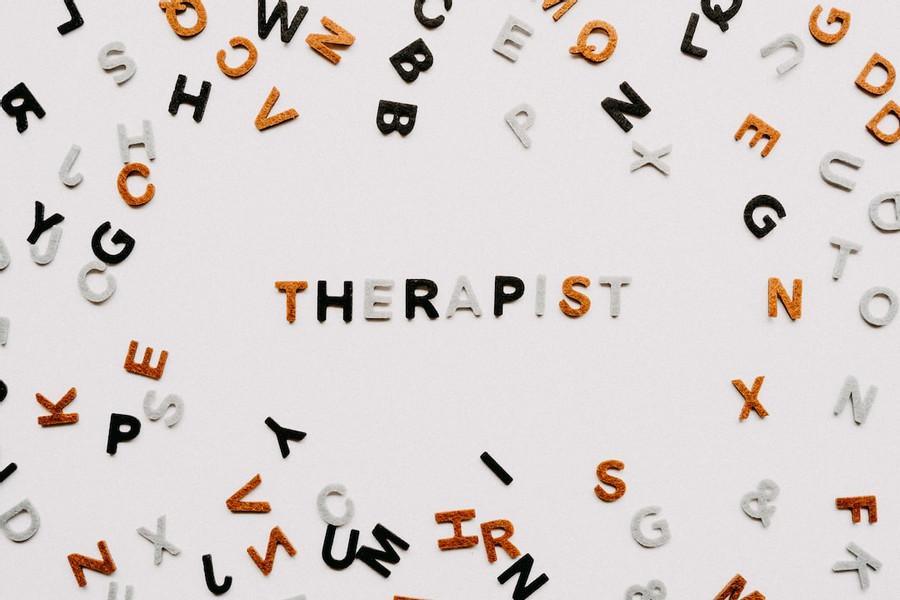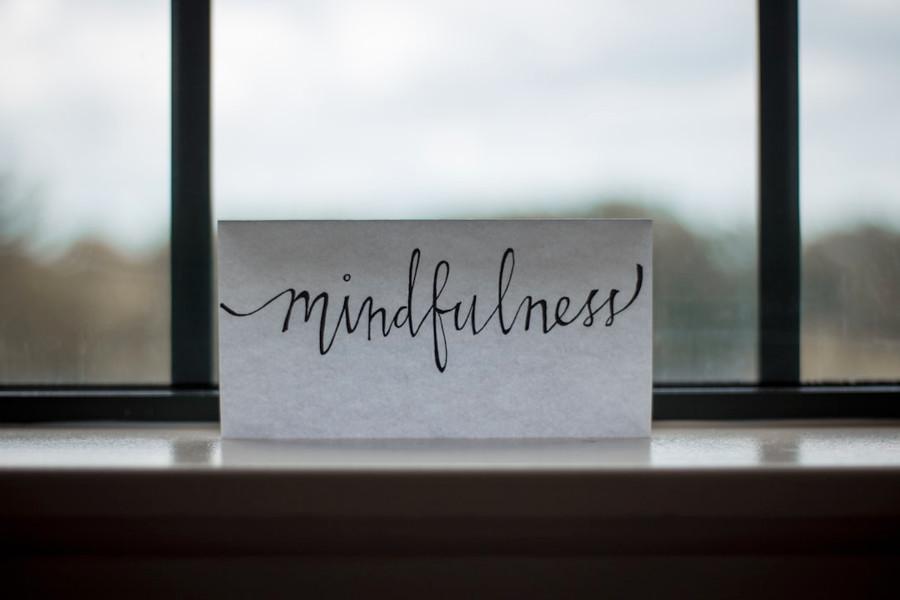Explore the World's Best Ideas
Join today and uncover 100+ curated journeys from 50+ topics. Unlock access to our mobile app with extensive features.
Finding The Right Match For Your Therapy
Good therapy can be an incredibly powerful and transformative experience, but it’s often not a very positive experience.
Sometimes this is the therapist’s fault. Many therapists are not trained well enough or have so much of their own personal baggage or odd personality quirks that they can’t be very helpful.
Sometimes this is the client’s fault. They go into therapy hoping for some kind of quick, simple solution and then quickly give up when that doesn’t happen that way.
But the most common reason therapy doesn’t “work” is because there isn’t a good fit between the therapist and the client.
23
363 reads
Credentials Are Overrated
Don’t worry too much about whether your therapist is a psychiatrist or psychologist, has a PsyD, MSW, or PhD. It’s important that they are licensed. And that they have experience and training appropriate to your goals. Pay more attention to personal factors like personality, communication style, and how you feel when you interact with them.
21
284 reads
Be Prepared to Go for Some Test Drives
There’s no easy way to find a therapist who will be a good match for you. Like dating, it’s largely a numbers game. You need reps experiencing different people and styles to find what works for you. So don’t be afraid to talk with someone a handful of times and move on if it’s not a good fit.
Also, if possible, try test driving multiple therapists at the same time. Eventually, you’ll probably want to settle on one. But it can be very helpful to “interview” multiple people initially.
22
231 reads
Look for the 2Cs: Comfort and Challenge
There is one majore common factor seen over and over again in particularly good therapists: They’re able (and willing) to provide both comfort and challenge. When you’re with them you feel supported, understood, and genuinely cared about. And at the same time, they’re not afraid to be direct, honest, and to push you even when it’s difficult or uncomfortable. They care deeply about the relationship, but they’re willing to risk it to help you succeed.
28
228 reads
Don’t Expect to Be Saved or Fixed
You are responsible for doing most of the work in therapy. A great therapist helps you do the work—but they can’t do it for you. Many people make bad decisions choosing therapists because, deep down, they’re looking for a magician who will offer some secret insight or hand them a special tool that will solve their problems. This is a very dangerous mindset to get into therapy with. You’re looking for a trainer—someone who will guide and support you in doing the very hard work that only you can do.
26
206 reads
Be Careful of “eclectic” Therapists
It’s common to come across therapists who describe themselves as eclectic, meaning they use a variety of tools and approaches from different schools of thought and modalities. This isn’t bad necessarily. And having a therapist who’s open-minded and not dogmatically tied to a particular theoretical position is a good thing. But “eclectic” is often code for someone who is basically throwing spaghetti against the wall to see what sticks. Not good. You want a therapist who’s flexible; but you also want someone with conviction and a point of view.
22
193 reads
Interviewing Your Therapist
An initial consultation is a chance for them to learn about you and your goals and make sure it’s a good fit for them. But this is also your opportunity to interview your therapist and figure out if they’re a good fit for you. So be bold and ask lots of questions: How would you describe your approach to therapy? How directive or structured are you in therapy? How frequently do you work with people like me? How long do you think therapy will last?
Get insights from the answers your therapist provides and then proceed further.
25
173 reads
The Red Flag: Getting Defensive
Keep in mind that how they answer your interview questions is at least as important as what they say. Keep a close eye out for defensiveness… If you ask your therapist a question about themselves and they get defensive, that’s a huge red flag—and sadly, more common than you would think.
22
181 reads
You Don’t Have to Explain Your Life Story Right Away
Many people avoid starting therapy or test driving lots of therapists because they’re understandably hesitant to dredge up all the painful details of their past over and over again to complete strangers. But you don’t have to get into all of that right away. Some context about your background is helpful for the therapist initially. But it’s totally normal for a person’s history to unfold over weeks or even months of therapy. Therapists need to earn trust just like anyone else.
21
164 reads
Many of The Best Therapists Don’t Take Insurance
Like it or not, therapy is a marketplace. This means if a therapist is in demand enough to avoid all the hassles of working with insurance companies, they probably will. And while demand for a therapist isn’t a guarantee of talent or quality, it’s actually a pretty good signal.
Of course, even an extremely talented therapist isn’t necessarily going to be a good fit for you. But all other things being equal, it certainly helps.
21
172 reads
What You Sow Is What You Reap
This is especially true of the initial “pre-work” of researching, interviewing, and test-driving different therapists. Remember, there’s nothing magical about therapy. People who benefit from therapy long-term are usually the ones who are willing to stick with it. Not necessarily with one therapist for years and years, but stick with the process.
If one therapist isn’t working, they’re willing to move on and try someone else. And they’re willing to be honest about their own motivations, expectations, and frustrations, and how they might be impacting their progress.
23
145 reads
Therapy Is Not Always the Answer
Many people get more benefits out of a good self-help book at the right time than years of psychotherapy. For some, medication seems to work more effectively than therapy.
Others just need a real friend, not a therapist. Frequently, there are major environmental or structural factors in your life that therapy isn’t in a position to do much about. Therapy can even be a form of avoidance or too easily lead to codependency in certain people.
26
167 reads
IDEAS CURATED BY
CURATOR'S NOTE
Set your expectations right about improving your mental health.
“
Ryan V.'s ideas are part of this journey:
Learn more about mentalhealth with this collection
Improving sleep through mindful breathing exercises
Practicing stress reduction and relaxation techniques
Establishing a relaxing bedtime routine
Related collections
Similar ideas
3 ideas
3 ideas
The 5 Qualities That Tell You a Therapist Is Effective
psychologytoday.com
6 ideas
How to Improve Any Relationship by Thinking Like a Therapist
nickwignall.com
Read & Learn
20x Faster
without
deepstash
with
deepstash
with
deepstash
Personalized microlearning
—
100+ Learning Journeys
—
Access to 200,000+ ideas
—
Access to the mobile app
—
Unlimited idea saving
—
—
Unlimited history
—
—
Unlimited listening to ideas
—
—
Downloading & offline access
—
—
Supercharge your mind with one idea per day
Enter your email and spend 1 minute every day to learn something new.
I agree to receive email updates












